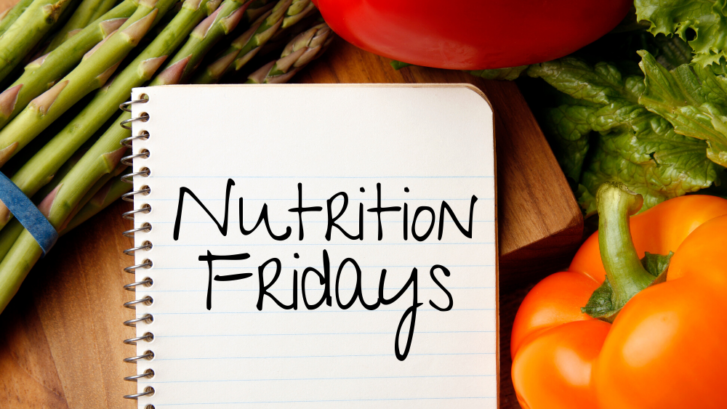Healthy Eating: The Proper Pick-me-up for Depression
Have you been feeling a little down lately? If so, chances are that you have also been eating poorly as a result. Unhealthy diets are a precursor to obesity, which could then lead to body-image issues, which could lead to depression, which could then lead back to eating poorly, and so on and so forth.
To end this vicious cycle, we will need to take action by reducing things that are actively in our control, like our diet. Studies now confirm a positive relationship between a healthy diet and a boosted mood. Healthpointe is here to show you what small steps can be changed in your diet to improve your relationship with food and your mental health.
What to Eat for Depression
While there is yet to be any specific diet proven to relieve depression, there are certainly multiple things you can introduce into your diet that will assist in reducing its symptoms. Adherence to a higher-quality diet in general has been associated with a lower risk of depressive symptoms.
In general, meeting your caloric goals should be emphasized. Too little, and you’ll be under-performing. Too much, and you’ll begin to store fat. As our director of psychological services and Functional Restoration Program manager—Dr. Margolin—says, “An unhealthy lifestyle, including unhealthy eating, increase chronic, systemic inflammation.” Additionally, “This inflammation is linked to multiple diseases including chronic pain, heart disease, type 2 diabetes, obesity, Alzheimer’s disease, arthritis, depression, and a shorter life span.”
First off, you can start by eating antioxidant-rich foods, as these will help defend your cells against free radicals—which cause cell damage, aging, and other problems. A list of antioxidant-rich foods would include:
- Healthy fats—such as nuts, seeds, and vegetable oils
- Fruits—such as blueberries, grapefruit, oranges, strawberries, and tomatoes
- Vegetables and tubers—such as broccoli, carrots, collards, spinach, and sweet potatoes
Something of equal importance is the inclusion of certain vitamins within your diet. Diets supplemented with B vitamins, such as folate and b12, are likely to reduce depression. Ensuring that you get enough vitamin D—sunshine—is also equally important. To supplement a vitamin D deficiency, eat fatty fish, cheese, and egg yolks, and drink orange juice and soy milk.
Another key factor in a diet supportive of a good mood is omega-3 fatty acids. Those with regular diets lacking in omega-3 fatty acids are considered more likely to have depression. For example, people who don’t eat fish are commonly deficient in omega-3s and are more likely predisposed to the effects of depression. To offset this, be sure to eat more fatty fish, flaxseeds, nuts, and dark green/ leafy vegetables.
For those of you interested in a whole lifestyle change, Harvard suggests looking into the Mediterranean Diet—a diet consisting of a variety of plant-based foods, a splash of olive oil, and a cut of fish. As multiple studies have now shown, the Mediterranean Diet has been shown to improve depression and overall mental health.
Conclusion
Overall, the key to healthy eating is a healthy lifestyle. Focusing on exercise, stress reduction, and healthy eating can help improve your mood and quality of life. Please work with your doctor when changing your eating habits. At Healthpointe, our doctors are available to work with you on developing a healthy eating and lifestyle plan.
For more information regarding dieting and nutrition information, please feel free to check out our previous Nutrition Friday articles.

